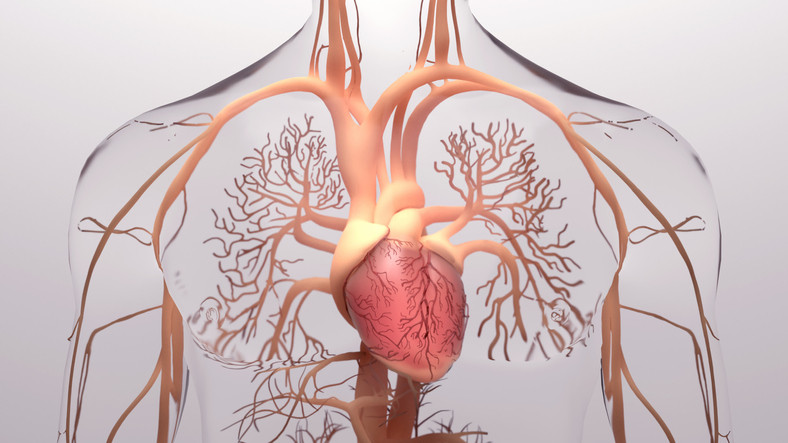Did you know that lifestyle choices are affecting the cardiometabolic health of younger adults? Let’s dive into how poor decisions impact our well-being.
A recent study published in the Journal of the American Heart Association highlights the alarming impact of poor lifestyle choices on the cardiometabolic health of younger adults in the United States.
A Wake-Up Call for Young Adults: Lifestyle and Cardiometabolic Health
The research examined data from 10,405 individuals aged 18 to 44, collected between 2011 and 2018, revealing significant trends and disparities.
The study identified five key lifestyle risk factors contributing to cardiometabolic diseases: current smoking, excessive drinking, poor diet quality, inadequate physical activity, and inappropriate sleep duration.
Shockingly, these risk factors were prevalent, with poor diet quality being the highest at 49%, followed by inadequate physical activity at about 45%, and excessive drinking at 16%.
Cardiometabolic diseases, including diabetes, obesity, and hypertension, showed alarming rates among young adults, ranging from 4% for diabetes to 37% for high cholesterol.
A substantial portion, approximately 22%, suffered from two or more cardiometabolic diseases, while 45% had two or more lifestyle risk factors.
Racial and ethnic disparities played a significant role in these findings. White individuals had higher rates of smoking and excessive drinking but lower rates of poor diet quality, inadequate physical activity, and inappropriate sleep duration compared to Black Americans.
Asian individuals showed the lowest prevalence of most lifestyle risk factors. Hispanic individuals faced the highest prevalence of metabolic syndrome.
Social risk factors such as education, income, food security, and health insurance coverage were closely linked to lower rates of both lifestyle risk factors and cardiometabolic diseases.
Adjusting for these factors, however, revealed persistent disparities based on race and ethnicity.
Experts emphasize the urgency of addressing these issues, as cardiometabolic diseases are largely preventable through lifestyle modifications.
Dr. Krista Gonzales, an endocrinologist, highlights the underestimation of poor diet quality and the growing prevalence of diabetes, emphasizing the need for preventative medicine and dietary education.
Dr. Rigved Tadwalkar, a cardiologist, calls this study a “wake-up call” for healthcare professionals, urging them to pay special attention to young adults during routine check-ups. Tailored interventions for specific racial and ethnic groups are also recommended to address disparities in cardiometabolic health.
Kelsey Costa, a registered dietitian, stresses the importance of understanding the unique challenges faced by young adults, such as limited time, access to healthy food, and high stress levels.
She suggests promoting healthier environments by improving access to nutritious foods and encouraging regular physical activity.
In conclusion, this study underscores the critical need for young adults to make healthier lifestyle choices to improve their overall health.
Lifelong physical activity, a balanced diet, and addressing disparities in education, food security, and healthcare access can significantly reduce the risk of cardiometabolic diseases and promote better health outcomes for all.








Leave a Reply
You must be logged in to post a comment.